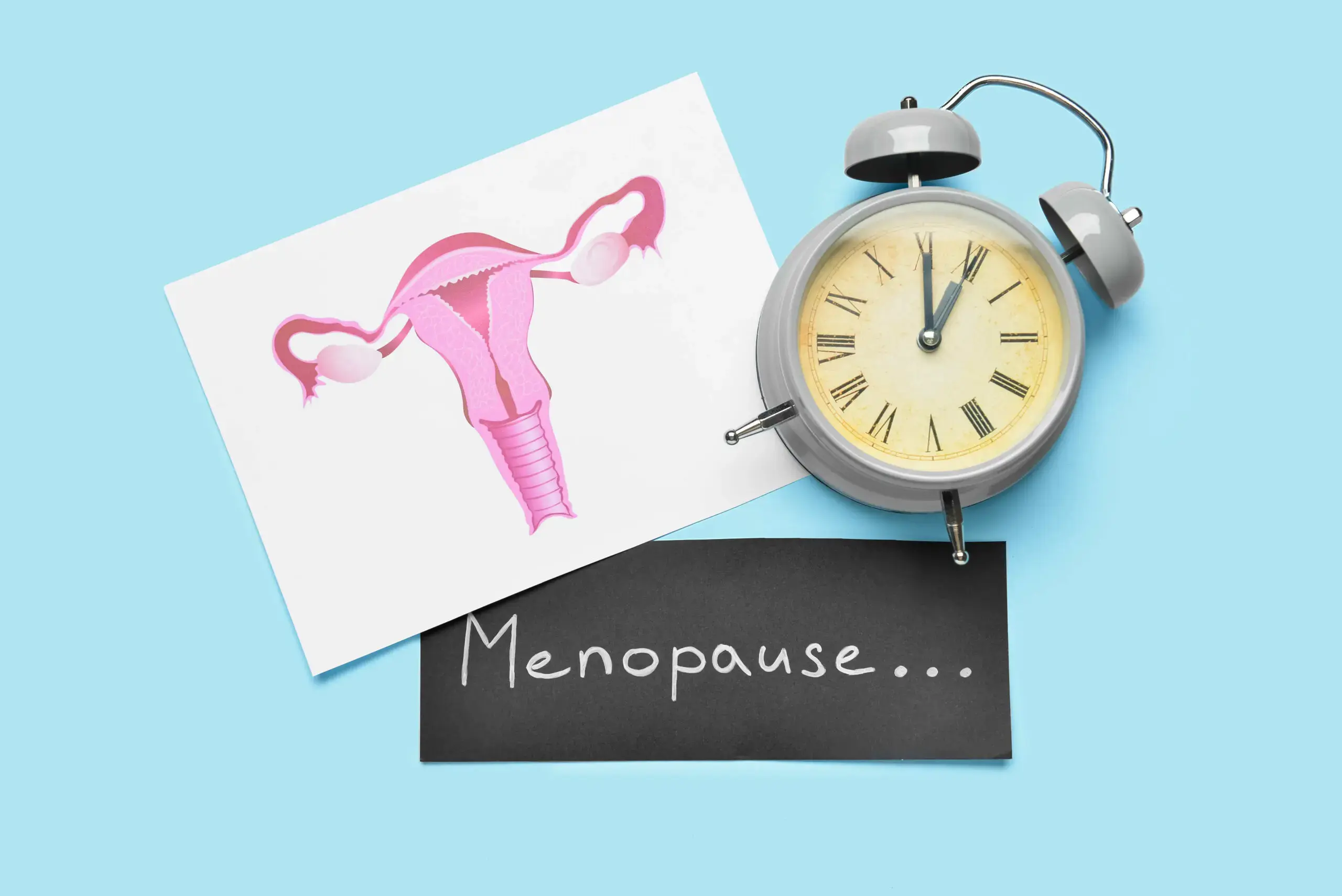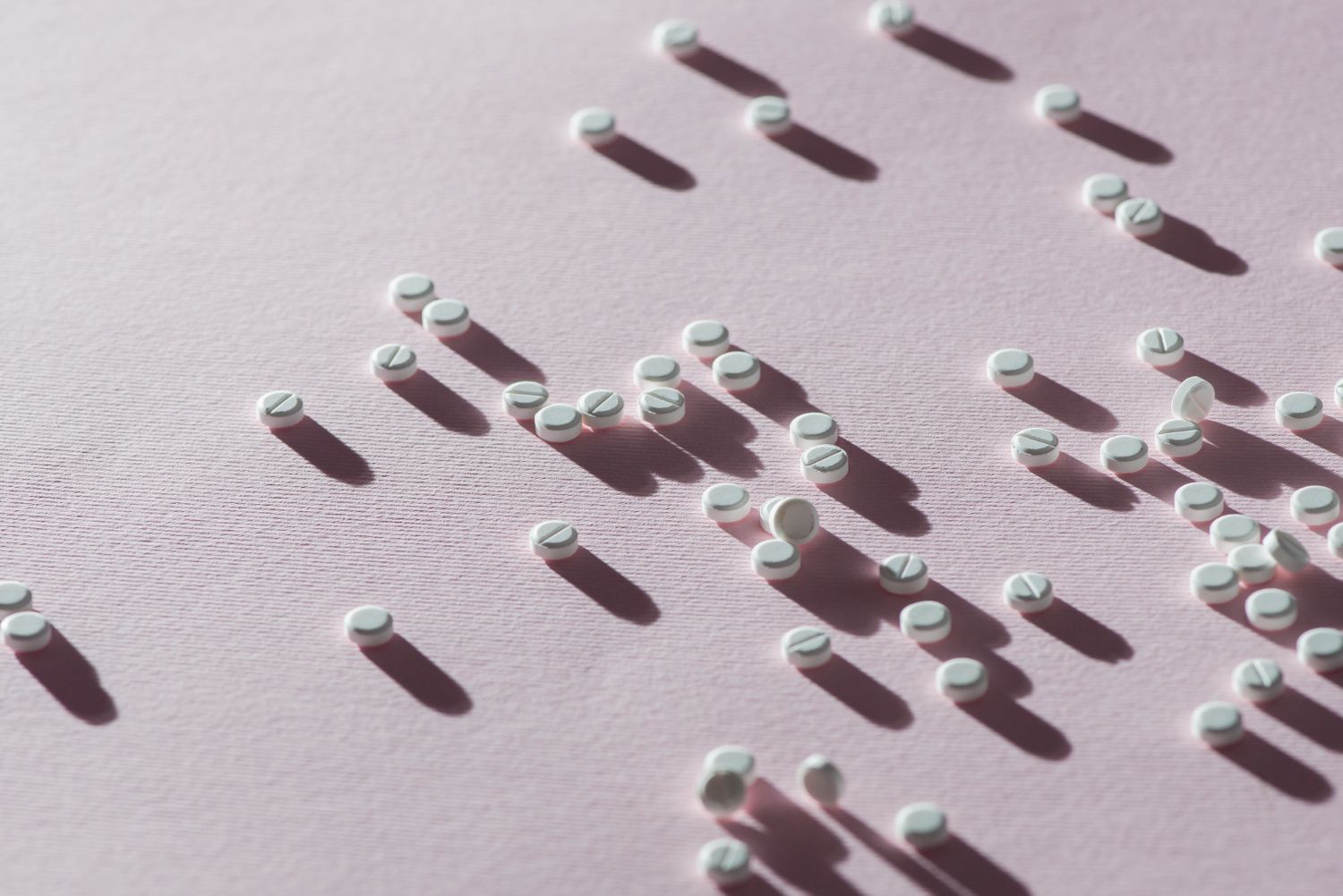Naomi Watts' story is unusual. At only 36 years old - an age when most women are not even thinking about menopause - she went to the doctor because she wanted to start a family with her then-partner, actor Liev Schreiber, and wasn't getting pregnant. But in the practice, she received a shocking diagnosis: she was on the brink of menopause. Menopause – she hadn't dealt with this topic at all, it seemed light-years away.
Suddenly, however, she could explain some symptoms she had been struggling with in recent months. “I had been suffering from night sweats for a while, but no doctor – and I had seen plenty of doctors, as you always have to undergo a health check before starting to shoot a new film – had ever given it much thought,” Watts explains in her book Dare I Say it.
When symptoms are not recognized: Night sweats and irregular periods
That her period came more and more frequently, sometimes every 15 or 18 days, seemed strange to her, but she didn't associate it with menopause. “However, when I was sitting in the doctor's office, I learned that the irregular period and night sweats were actually symptoms of perimenopause and had nothing to do with a stressful night shoot or a glass of wine too much at dinner.” The lack of exchange and lack of education intensified her suffering. Gradually she realized: She was not alone – half of the world's population goes through this phase.
Dr. Sharon Malone, a specialist in gynecology and obstetrics from Washington, D.C., and chief medical officer at Alloy Women’s Health and one of the leading menopause experts in the USA, however, says: “We must understand – and this has been proven in several studies – that suffering has been normalized as part of being a woman. We suffer from cramps, we suffer during childbirth, we suffer from premenstrual syndrome.
These phenomena, which exclusively affect women, are generally less researched. Because suffering in women is considered normal, there has been little attempt to develop effective measures against it. Women exaggerate. They are hysterical. It all exists only in their heads. Unfortunately, this perception is still widespread in medicine today. Women still have the feeling of not being heard, not being seen, and not being taken seriously. And that is exactly where the problem lies.”




















